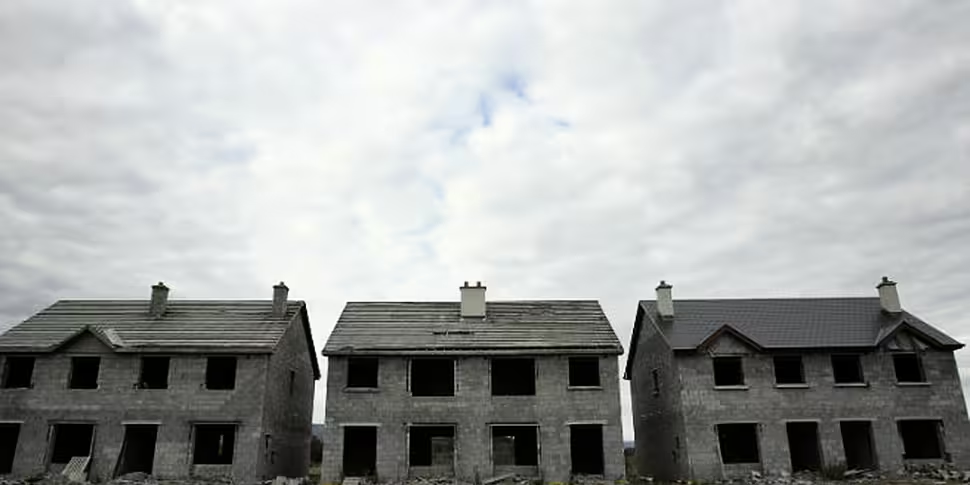A former deputy governor of the Central Bank has warned that Ireland is at risk of another housing market crash if current regulation is relaxed.
Stefan Gerlach, who left the bank earlier this year to become chief economist at BSI Bank in Zurich, asked:
"Having endured the collapse of its housing market less than a decade ago, Ireland has lately been experiencing a blistering recovery in prices, which already have risen in Dublin by some 50% from the trough in 2010, is Ireland setting itself up for another devastating crash?”
Among the concerns he expresses in an article titled 'The Return of Ireland’s Housing Bubble' for the global finance think-tank Project Syndicate is that the Central Bank here is coming under undue pressure from the construction industry and politicians to relax the loan to value and loan to income ratios on mortgage lending it introduced last year.
He warns that while housing bubbles are easy to spot, there are a number of conflicts of interest that make it hard to take action as the market gets out of control:
"The obvious question is why nobody stepped in before it was too late. The answer is simple: while the bubbles are inflating, many people benefit. With the construction sector thriving, unemployment falling, and banks lending freely, people are happy – and politicians like it that way."
"The process is simple. Rising prices trigger a surge in building activity, which creates job opportunities for young, low-skill workers, whose employment options are otherwise limited, and generates large profits for property developers and builders. In fact, a telltale sign of a bubble is that second-rate developers suddenly are able to earn billions," he continues.
He writes that private sector will seek maximum profits, and it is up to the Central Bank and the financial regulator to make sure that Ireland avoids making the same mistakes again.
Mr Gerlach warns that any market that could crash like Ireland's did at the end of the Tiger years is "fundamentally flawed".
"Many in Ireland might find that conclusion overly pessimistic. Maybe they are simply hoping that, this time, the luck of the Irish will hold. Perhaps it will, and this time really is different. But there isn’t much evidence of that," he concludes.









